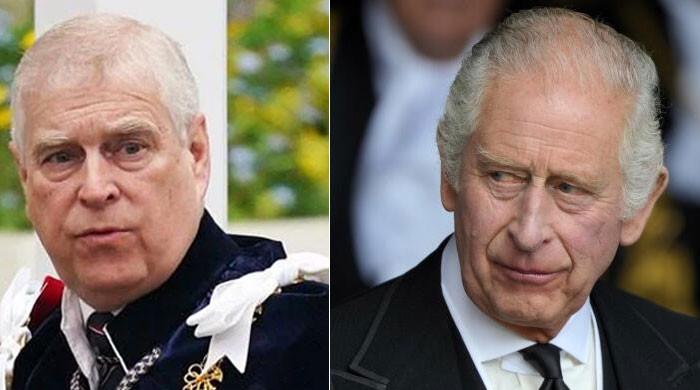Prince Andrew’s standoff with King Charles over the Royal Lodge has finally been broken down by a property expert who believes he knows what the future holds.
For those unaware, Royal Lodge is a 30-bedroom property that was rented by the former Duke of York for £1m back in 2003. Over £7.5m. pound in renovation was also spent separately.
Due to the nature of the “cast iron” lease, any early termination or decision by the Crown Estate to remove Prince Andrew from the property will result in him receiving £557,595 in compensation, right up until 2028.
The real estate expert in question is CEO of We Buy Any Home, Elliot Castle.
He spoke to Express UK during his explanation, saying: “From a property law point of view, Prince Andrew’s position at the Royal Lodge appears to be governed by a long-term lease rather than a traditional lease. If, as reported, the lease terms were set in 2003 with a significant upfront payment and renovation investment, then he would retain ownership under the agreed terms.”
Also, “the reference to a ‘peppercorn rent’ is symbolic – a common feature of long leases where the tenant has paid a large premium up front.”
Additionally, for those not in the know, it means, in simple terms, “the occupier has effectively purchased long-term rights to the property, although the freehold remains with the Crown Estate.”
So “Whether King Charles could alter or terminate that arrangement would depend entirely on the legal structure of the lease.”
As for what control King Charles has over this decision, the source said: “Unless there is a specific clause allowing termination under certain conditions, it would be very difficult to remove a tenant without agreement or compensation, regardless of personal circumstances.”
The same for Sarah Ferguson Elliot said, “her residence is likely to be attached to Prince Andrew’s tenancy rights rather than any separate ownership. If the tenancy continues, her position will generally remain unchanged.”
But “overall, while the situation is attracting public attention because of its royal connections, the underlying property principles are quite standard – a long lease provides security, but ultimate ownership and control rests with the owner, in this case the Crown,” he said before signing off.



